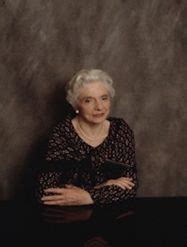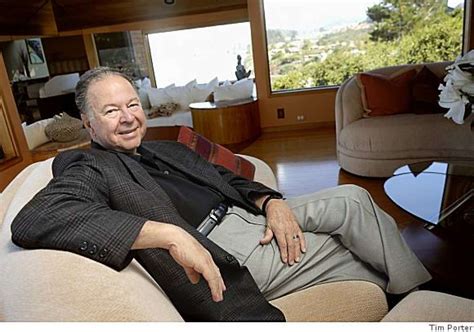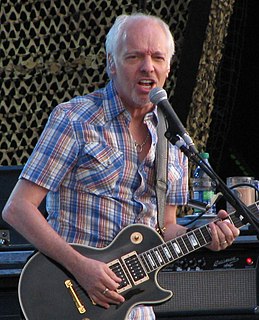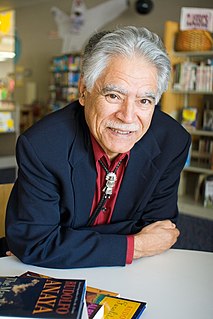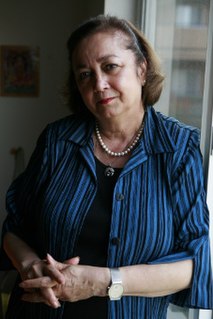A Quote by Peter Hedges
The most autobiographical thing I've ever written is my second novel, called 'An Ocean in Iowa.' That is pretty close to my childhood.
Related Quotes
I've told youngsters not to write their autobiographical novel at the age of twenty-one; to save it for the time when they're fifty-one or sixty-one. They should write other novels first, to learn their craft; they shouldn't cut their teeth on the valuable material of childhood because they'll never have better material, ever, to work with.
The first book ever written in an alphabet was the Hebrew Bible or the Old Testament. And the most important passage was the Ten Commandments. The first commandment is the most revolutionary sentence ever written. It states: "I am the Lord thy God there is no other." The second prohibits us from making images. Thus, there is a profound rejection of any goddess influence and a ban of representative art.




